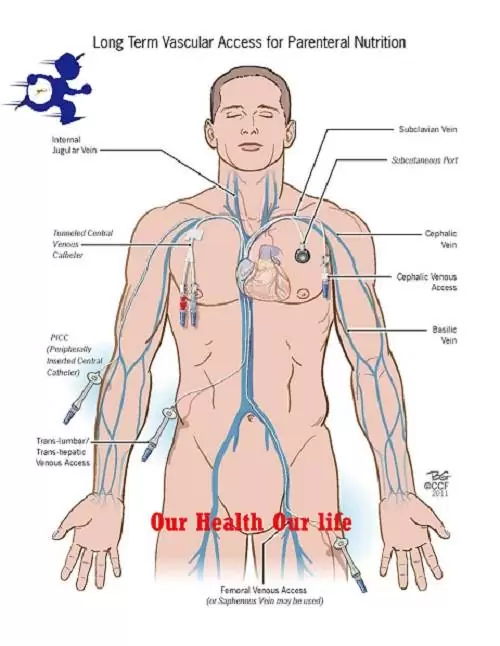How much water should I drink a day if I am a sedentary person or if I train weights, if I am an athlete, if I work, if I study, if I go out holiday, etc.?
Really although it is true that it is very necessary and important to stay hydrated during the day, the amount of water to drink while we are awake varies by person, age, sex, level of physical activity and exercise, a clinical picture that may arise, etc. Hence then the article title is not “how many glasses of water should I drink a day?” Because it is not as if all the vessels have the same volume, so the standard recommendation to drink or to drink 8 glasses of water day for many people may be somewhat exaggerated, and for others it may be somewhat insufficient.









